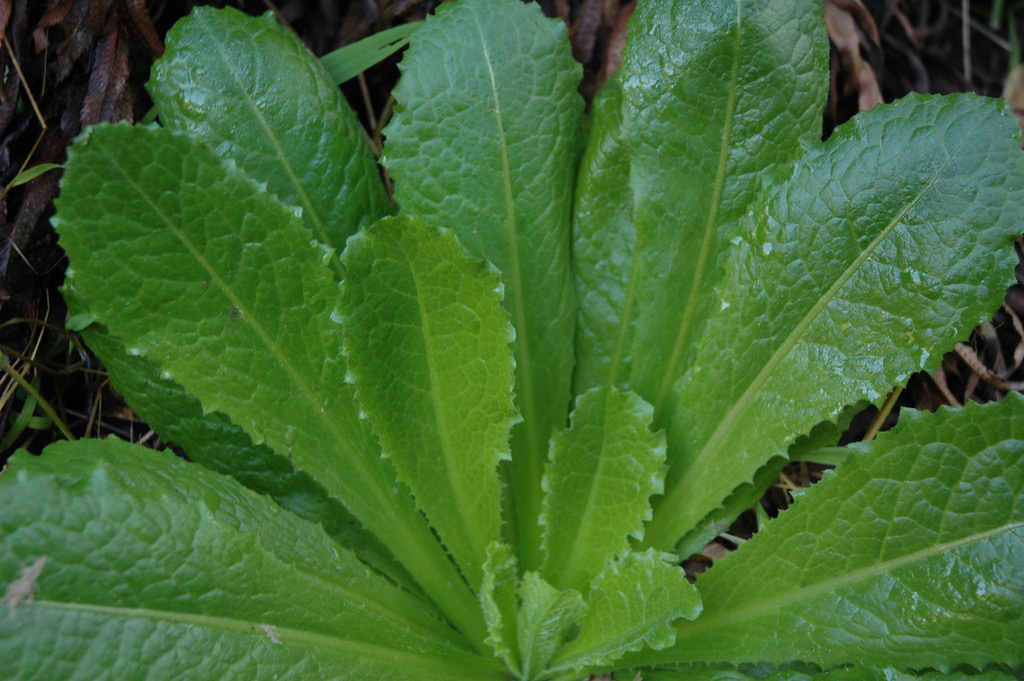Gardenias prevent Alzheimer’s disease
03/19/2019 / By Janine Acero

A study published in The American Journal of Chinese Medicine investigates the protective effects of the gardenia fruit (Gardenia jasminoides) against cognitive impairment and neurotoxicity on amyloid-beta-induced mouse models.
- Alzheimer’s disease is a prevalent neurodegenerative disease worldwide, yet its exact causes have not been fully explained in scientific data.
- Some of the recognized key drivers of Alzheimer’s include nerve cell (cholinergic) dysfunction, mitochondrial damage, oxidative stress and inflammation of the central nervous system (neuroinflammation).
- The researchers looked at Chinese herbs, which have been used extensively for medicinal purposes, as a good source for potential medicines against Alzheimer’s.
- The researchers used G. jasminoides, a common Chinese herbal medicine with tranquilizing effects, which is an important component of widely used traditional Chinese medicine for dementia.
- Crocin (GJ-4), a carotenoid found in G. jasminoides, was extracted and evaluated for its effects on learning and memory injury in mice injected with amyloid-beta 25-35.
- The findings revealed that treatment with GJ-4 dose-dependently enhanced the memory and cognitive ability of the injected mice.
- Preliminary mechanistic studies indicate that the protective effects of GJ-4 target neurons and cholinergic dysfunction. Furthermore, GJ-4 was found to enhance antioxidant capacity and reduce neuroinflammation.
The researchers conclude that the compound GJ-4 found in G. jasminoides might be a promising source of potential drug that may improve cognitive and memory injury, with multiple targets.
Read more studies on medicinal plants with cognitive-enhancing compounds at Herbs.news.
Journal Reference:
Zang CX, Bao XQ, Li L, Yang HY, Wang L, Yu Y, Wang XL, Yao XS, Zhang D. THE PROTECTIVE EFFECTS OF GARDENIA JASMINOIDES (FRUCTUS GARDENIA) ON AMYLOID-BETA-INDUCED MOUSE COGNITIVE IMPAIRMENT AND NEUROTOXICITY. The American Journal of Chinese Medicine. 2018;46(02):389–405. DOI: 10.1142/s0192415x18500192
Submit a correction >>
Tagged Under:
aging, alternative medicine, Alzheimer's disease, brain function, cape jasmine, cognitive health, dementia, gardenia, herbal medicine, memory, natural cures, natural medicine, neurotoxicity
This article may contain statements that reflect the opinion of the author
RECENT NEWS & ARTICLES
PlantMedicine.News is a fact-based public education website published by Plant Medicine News Features, LLC.
All content copyright © 2018 by Plant Medicine News Features, LLC.
Contact Us with Tips or Corrections
All trademarks, registered trademarks and servicemarks mentioned on this site are the property of their respective owners.





















